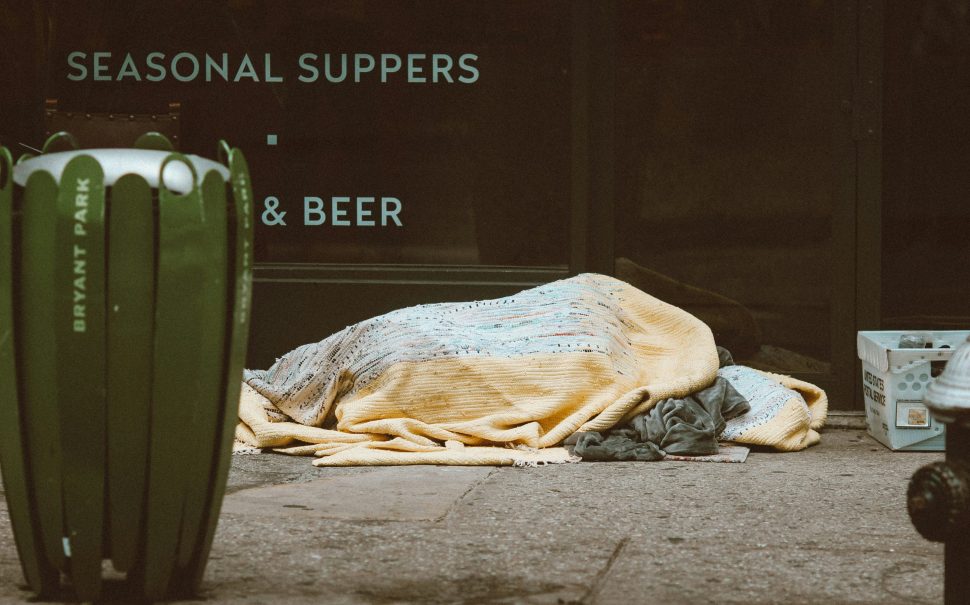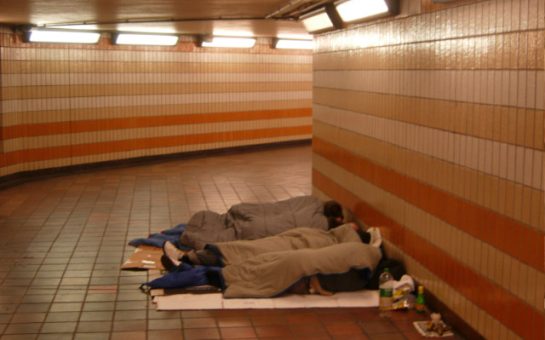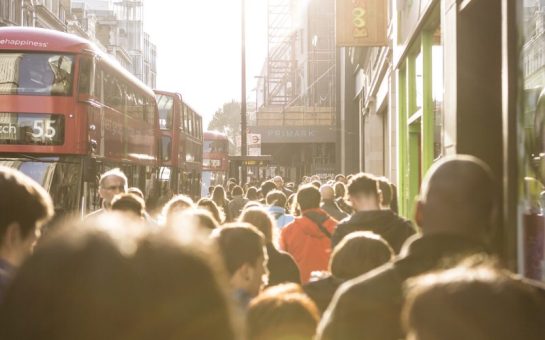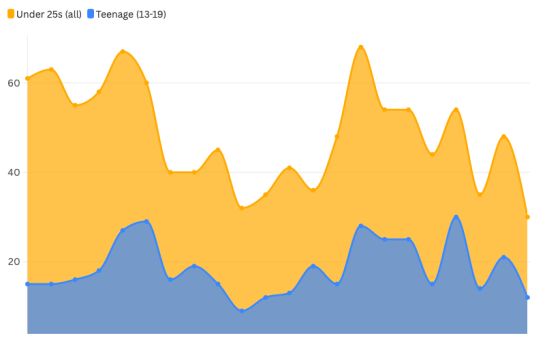Asylum policies set by the previous government are behind the doubling of London African homelessness in one year, charity heads and the Mayor of London have claimed.
New Combined Homelessness and Information Network (CHAIN) data found that, in the year 2023/24, 1790 homeless people from Africa were seen in London, compared the 859 seen in the year 2022/23.
Sadiq Khan and charity chiefs have argued that Home Office asylum outcomes are behind the severity of this rise.
The London Mayor’s office said: “It’s shameful that numbers are rising in London and across the country.
“The increase in those rough sleeping from Africa is due to chaos in the asylum system under the previous government which saw people rapidly moved out of Home Office accommodation and onto the streets.”
This year marked the highest rate of homelessness on record for London, with nearly 12,000 people seen sleeping rough in London during the year according to CHAIN.
Despite making up 8% of London’s population, according to 2021 census data, the latest figures show that 15% of London’s homeless are from Africa.
Conversely, the number of European Economic Area (EEA) homeless people in London fell by 29% in the last five years and the number of homeless people from the UK rose by just 4%.
Vicky Fox is the Director of Doorstep Homeless Families Project, a homelessness charity based in Camden, which has seen a 500% increase in African homelessness since 2019/20.
She said: “I have worked with homeless at Doorstep for 34 years and in all those years people from global majority have always been the highest proportion of our service user demographics, ranging from 75% to 95% of the families we support.
“Coincidence? I don’t think so. Racism, unconscious bias, call it what you will, can and does disadvantage people.”
The number of Asian people experiencing homelessness in London is also 116% higher this year than 2019/20.
Home Office data supports the position that asylum outcomes are driving this surge in African homelessness.
The data shows that most asylum claims in the UK from African countries were made by first Eritrean, then Sudanese, migrants.
Both Eritrea and Sudan have faced civil conflict in the last five years, leading to an exodus of refugees.
Correspondingly, in the year 2023/24, the highest rates of African homelessness in London were among Eritrean and Sudanese people in similar proportions.
Matt Wilson, CEO of Spires, a south London based homelessness charity, said that their service had also encountered a rise in Eritrean, Sudanese and Ethiopian clients, which he suggested may be related to Home Office outcomes.
He said: “The African refugees we see are generally fleeing civil war and taking an incredibly dangerous migration route.
“It is common to hear that people have lost family and friends on the migrant route, which is particularly harrowing and dangerous.”
Many of these people, once granted refugee status, have few options and little time before they face sleeping rough.
A key issue is rates of Local Housing Allowance (LHA), which is a benefit to support people paying rent.
Rates are lower for people under 35, which covers most African refugees.
Wilson added: “A lot of the younger refugees neither have time after they get their status to get a job before their eviction and they don’t have sufficient government support.”
A spokesperson for Care4Calais, a refugee charity, echoed that Home Office outcomes were behind rising homelessness numbers.
They said: “As the last Government rushed to clear their self-created legacy backlog of asylum claims, we saw a large rise in decisions in the last two quarters of 2023 and that in turn resulted in a sharp rise in the number of people with newly granted refugee status presenting as homeless to local councils.”
They also argued that refugees should be granted the same amount of time to find accommodation as UK citizens.
Currently they have 28 days notice to leave Home Office accommodation, compared to the 56 days UK citizens get if they are facing homelessness.
Care4Calais said: “We, like most other charities in the sector, would support refugees being given the same rights with the notice period being extended to 56 days.
“That in itself won’t fix the problem but it would help.”
The data also bears out suggestions that the Government is falling behind on homelessness outcomes.
Although London’s homeless population has risen to its highest recorded level this year the number of outcomes – recorded instances where a homeless person is put in emergency, temporary, long-term housing – is below the five year average.
The Home Office did not respond to a request for comment.





Join the discussion